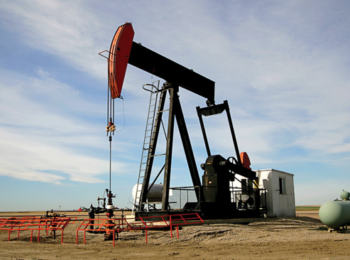
Global oil producers, meeting in Russia Monday, called for stricter adherence to their agreement to cut output, with the inclusion of top African producer Nigeria.
Monday’s meeting saw Nigeria agree to take part in cutting output as soon as its production reaches 1.8 million barrels.
The Saudi-led OPEC global oil cartel, along with Russia and other large producers, met in the northwestern city of Saint Petersburg to assess the results of their November agreement to cut output and stem the collapse in oil prices.
After a post-agreement initial rebound, oil prices have gone down in recent weeks, falling to below $50 per barrel.
In a statement following the meeting, the countries in the monitoring committee said “the oil market is making steady and significant progress towards rebalancing” after being hit by a vast glut in recent years.
But the producers said there was “room for improvement by some participating producing countries” and called for all of them to “promptly reach full conformity.”
In June and over the last six months, the agreement has been observed “98 percent,” the participating countries said, with the result that total output has been cut by more than 350 million barrels of oil.
Monday’s meeting saw Nigeria agree to take part in cutting output as soon as its production reaches 1.8 million barrels, the statement said.
Nigeria, the top African oil producer, and Libya, both OPEC members, had been exempt from the agreement up to now due to problems affecting their industries.
At a press conference, Saudi energy minister Khalid al-Falih said he wanted to address the downward trend and “remove this bearishness by addressing it head on.” He stressed that Riyadh had reduced its output beyond its commitments.
The statements by the oil producers pushed up oil prices, with the price climbing around 1 percent in London to more than $48.50 in the afternoon.
The efforts to cut oil output are taking place without the involvement of the United States, which has become a major producer in recent years thanks to shale deposits.
Source: AFP.